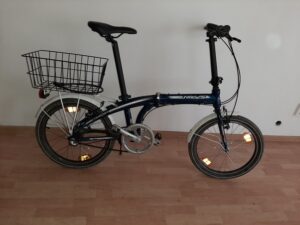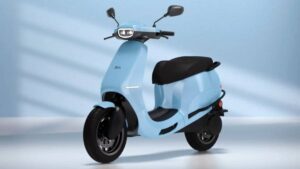In recent years, battery scooters have surged in popularity as an alternative mode of urban transportation. They offer a convenient and eco-friendly solution for short-distance travel, but like any innovation, they come with their own set of advantages and disadvantages.
This article explores the various pros and cons of battery scooters to help potential users make informed decisions.
Pros of Battery Scooters
- Eco-Friendly Battery scooters produce zero emissions, making them a green alternative to gasoline-powered vehicles. This reduction in pollution is especially beneficial in urban areas where air quality is often a concern.
- Cost-Effective Operating a battery scooter is significantly cheaper than driving a car or using public transport. The cost of electricity for charging is minimal compared to fuel prices, and maintenance costs are generally lower due to fewer moving parts.
- Convenience Battery scooters are ideal for navigating congested city streets and can often get you to your destination faster than cars stuck in traffic. They are also easy to park, requiring much less space than traditional vehicles.
- Quiet Operation Unlike motorcycles and gasoline scooters, battery scooters run almost silently. This quiet operation reduces noise pollution in urban areas, contributing to a more pleasant city environment.
- Ease of Use Most battery scooters are designed to be user-friendly, with simple controls that make them accessible even for those who have never ridden a scooter before. They are typically lightweight and easy to maneuver.
Cons of Battery Scooters
- Limited Range One of the main drawbacks of battery scooters is their limited range. Most models can travel between 15 to 30 miles on a single charge, which might not be sufficient for longer commutes. This necessitates frequent charging, which can be inconvenient.
- Charging Time Charging a battery scooter can take several hours, depending on the battery size and the charger used. This long charging time can be a significant inconvenience for users who need to use their scooter multiple times a day.
- Initial Cost While operating costs are low, the initial purchase price of a battery scooter can be relatively high compared to traditional gasoline scooters or bicycles. This upfront investment may be a barrier for some potential users.
- Performance Limitations Battery scooters often have lower top speeds and less power than their gasoline counterparts. This can be a disadvantage in areas with steep hills or when faster travel is necessary.
- Weather Dependency Battery scooters are less effective in adverse weather conditions. Rain can affect the scooter’s performance and safety, and extremely cold weather can reduce battery efficiency and range.
- Infrastructure Needs The widespread adoption of battery scooters requires adequate charging infrastructure. In many cities, charging stations are still limited, which can be a challenge for users who do not have access to private charging facilities.
Conclusion
Battery scooters offer a promising solution for eco-friendly and cost-effective urban transportation. Their benefits, including environmental friendliness, cost savings, and convenience, make them an attractive option for many users.
However, limitations such as range, charging time, and performance issues need to be considered. As technology advances and infrastructure improves, many of these drawbacks may be mitigated, making battery scooters an even more viable transportation option in the future.
For now, potential users should weigh the pros and cons carefully to determine if a battery scooter is the right choice for their needs.



